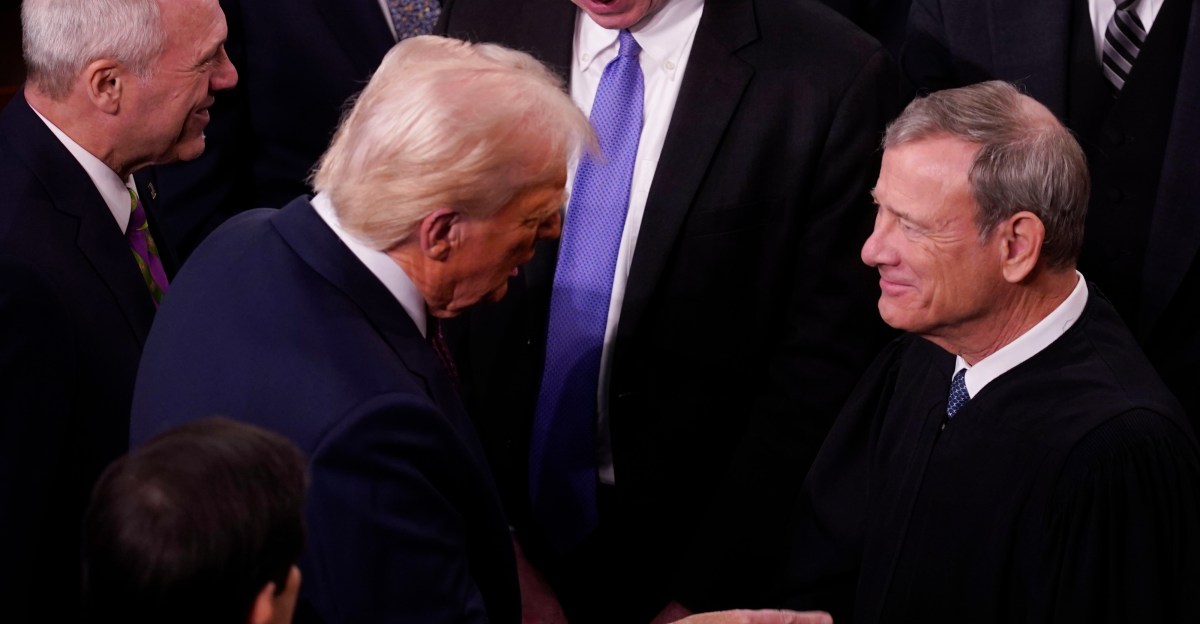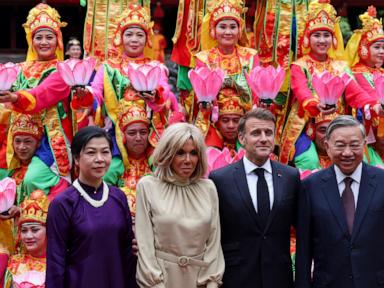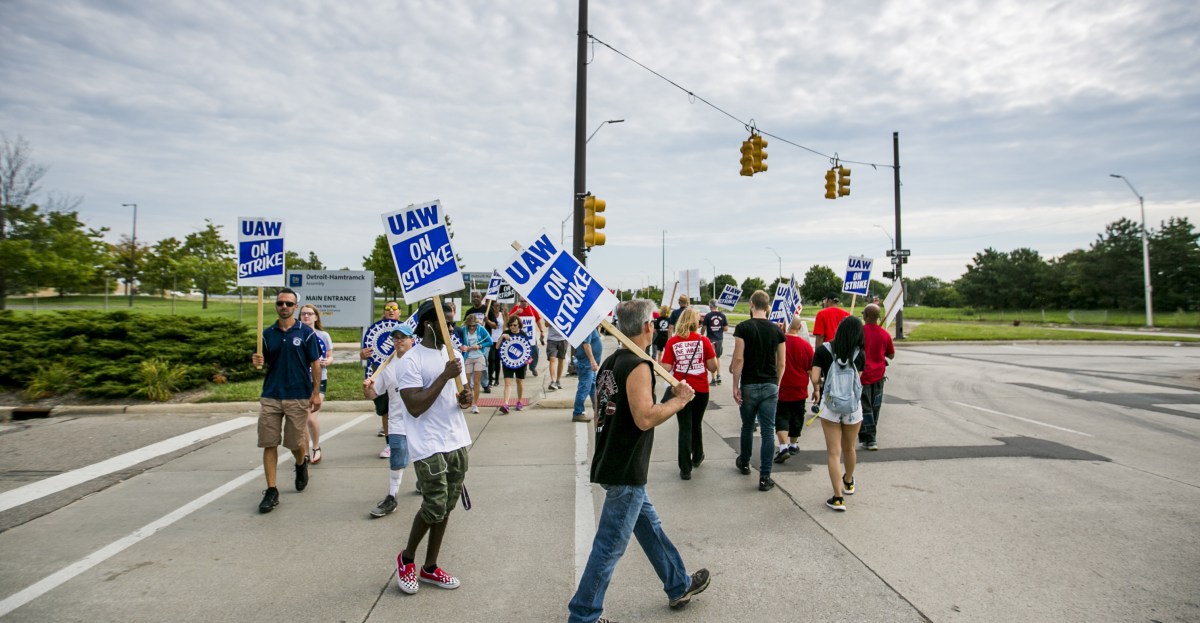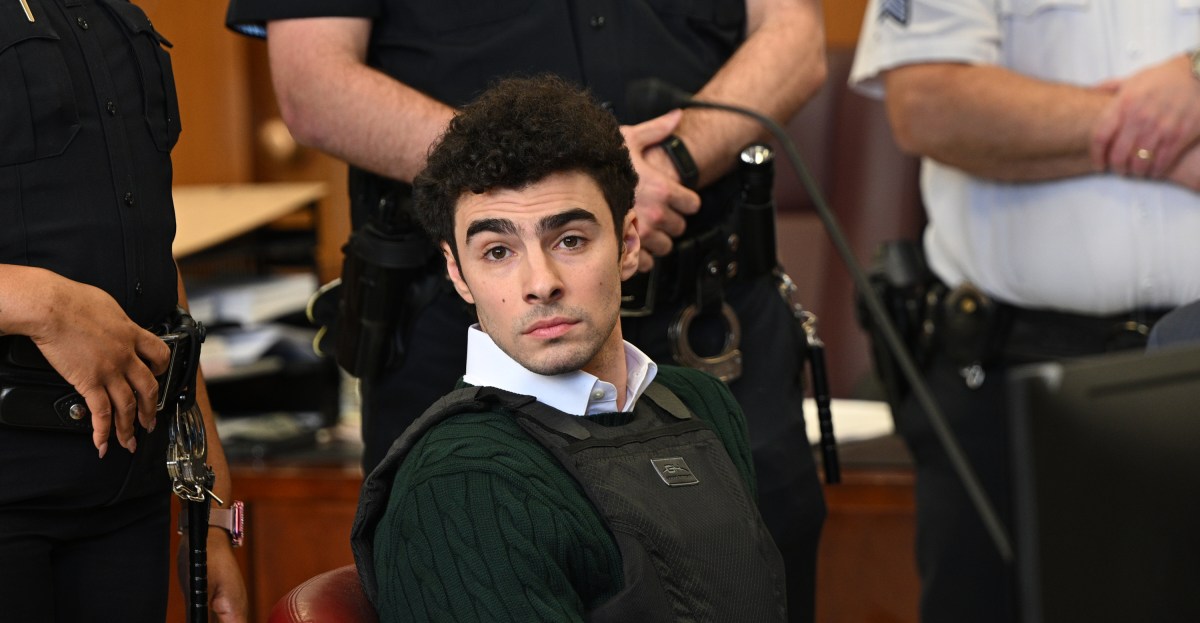Now Reading: The Supreme Court signals it might be losing patience with Trump
-
01
The Supreme Court signals it might be losing patience with Trump
The Supreme Court signals it might be losing patience with Trump

In the early hours of Saturday, the Supreme Court issued a brief order preventing the Trump administration from deporting a group of Venezuelan immigrants from the United States without proper legal procedures. The case, known as A.A.R.P. v. Trump, involves uncertainties and fast-paced developments. Details revealed in an emergency application filed by ACLU immigration lawyers late Friday night suggest that the government was transferring Venezuelan immigrants to a detention center in Texas without a clear explanation.
According to the ACLU, some immigrants, estimated to be “dozens or hundreds,” were given English-language documents designating them for removal under the Alien Enemies Act, a law typically used during war or military invasion. President Trump, however, has argued that this law allows him to deport alleged Venezuelan gang members. Previous deportations under this law led to the Supreme Court ruling that immigrants must be given notice and the chance to challenge their removal.
The ACLU claims that the government disregarded this ruling by informing immigrants in Texas that their deportations were imminent, not allowing them adequate time to challenge the decision. The late-night order from the Supreme Court in A.A.R.P. aims to ensure that the required notice and hearing opportunities are granted, halting any deportations until further court orders. Justices Clarence Thomas and Samuel Alito dissented from this order, with Alito expected to provide a statement soon.
The Court’s action suggests a shift towards less tolerance for procedural maneuvers aimed at avoiding judicial scrutiny. The case’s future and whether the Trump administration can deport individuals under a wartime statute during peacetime will be revealed as the litigation progresses. The temporary order from the Supreme Court does not settle all key issues, leaving room for further legal proceedings.






